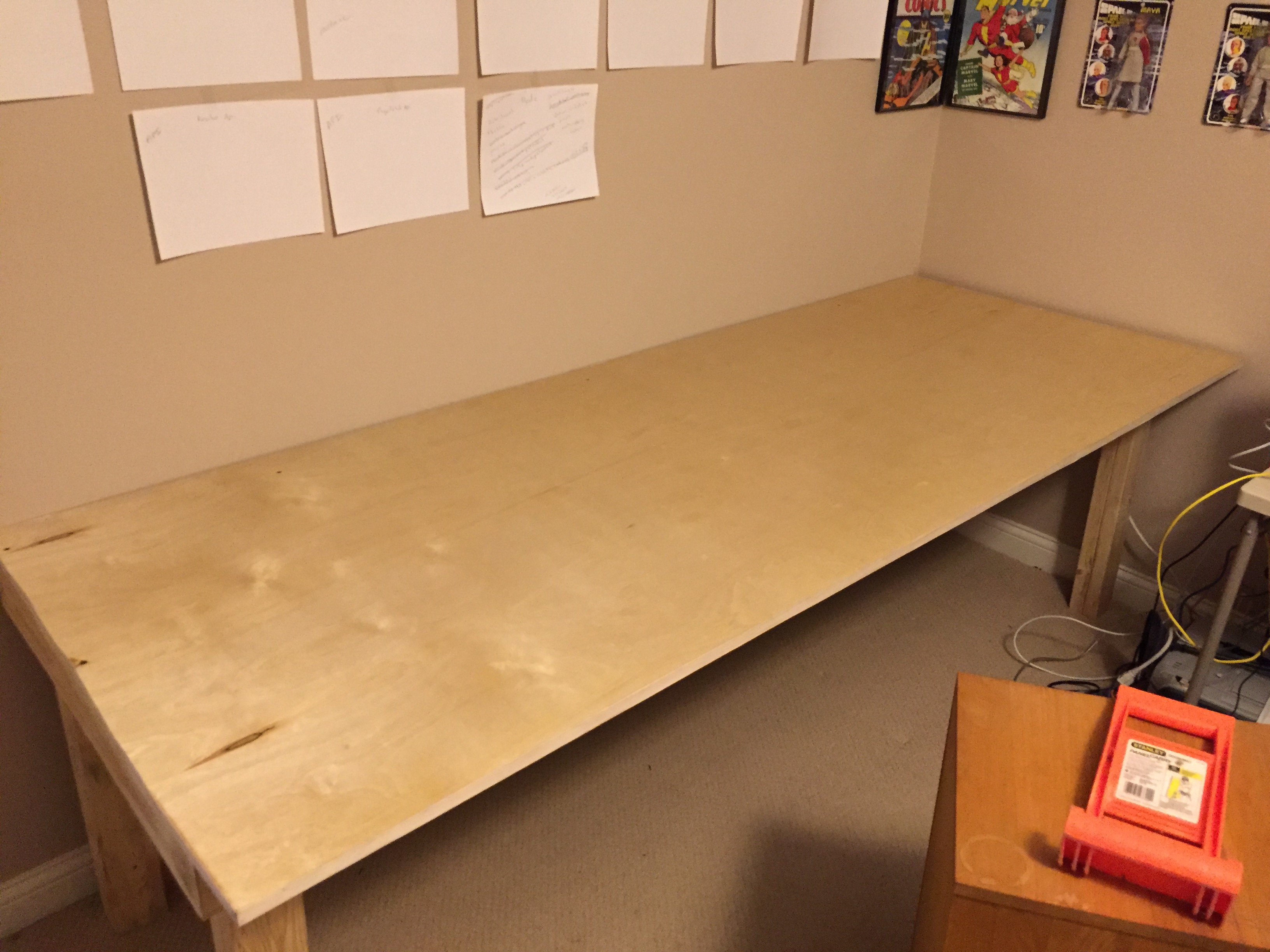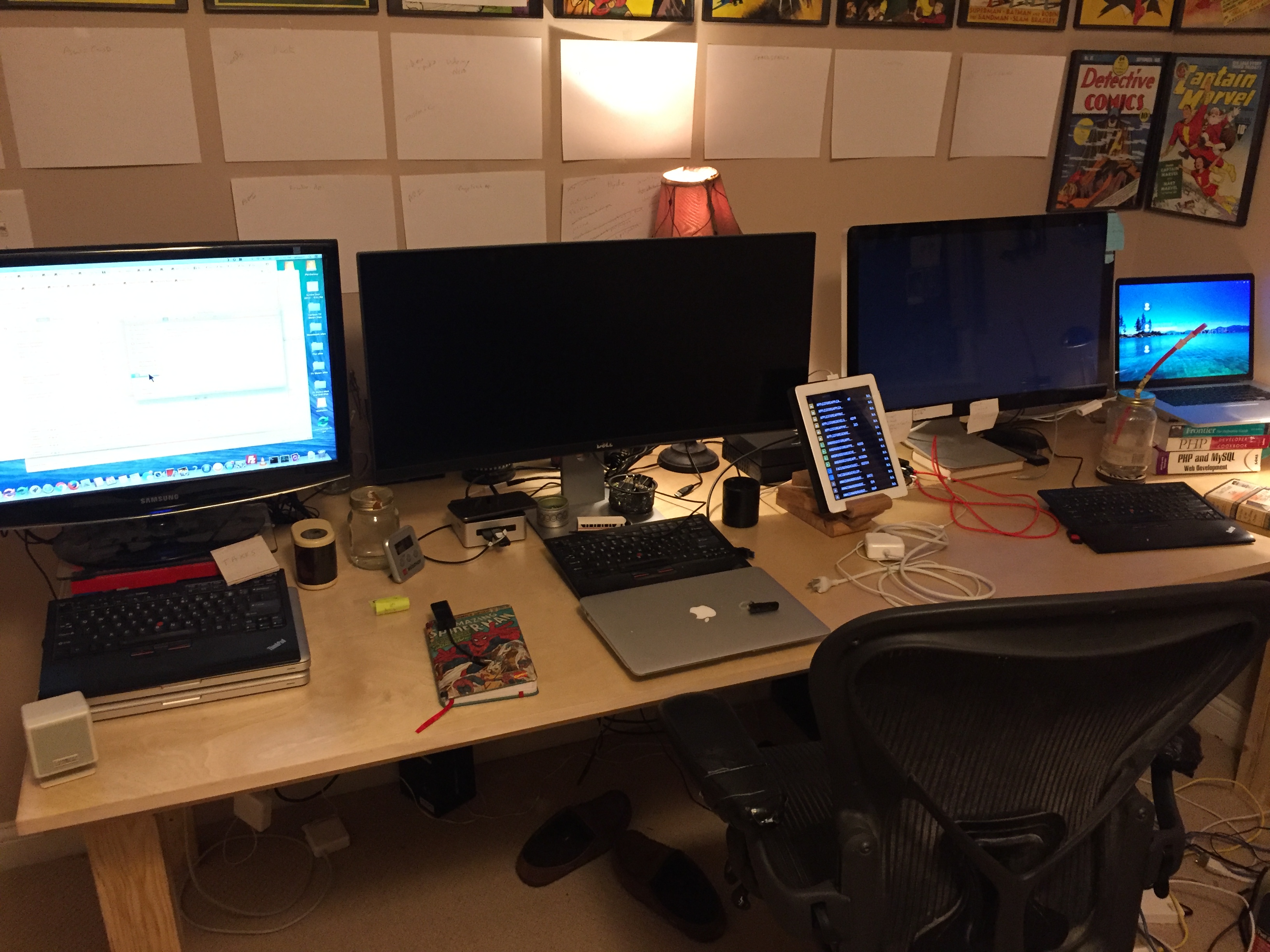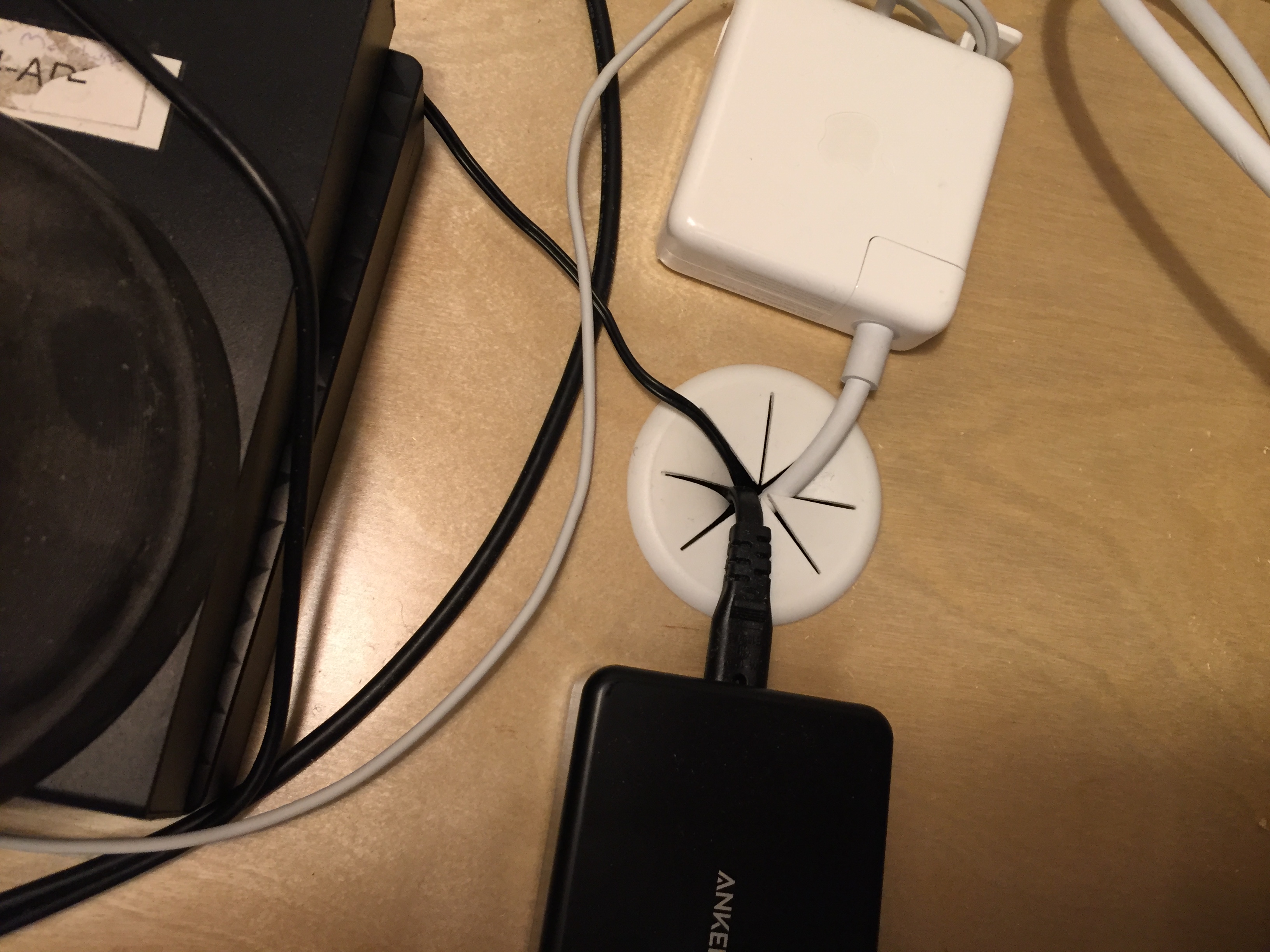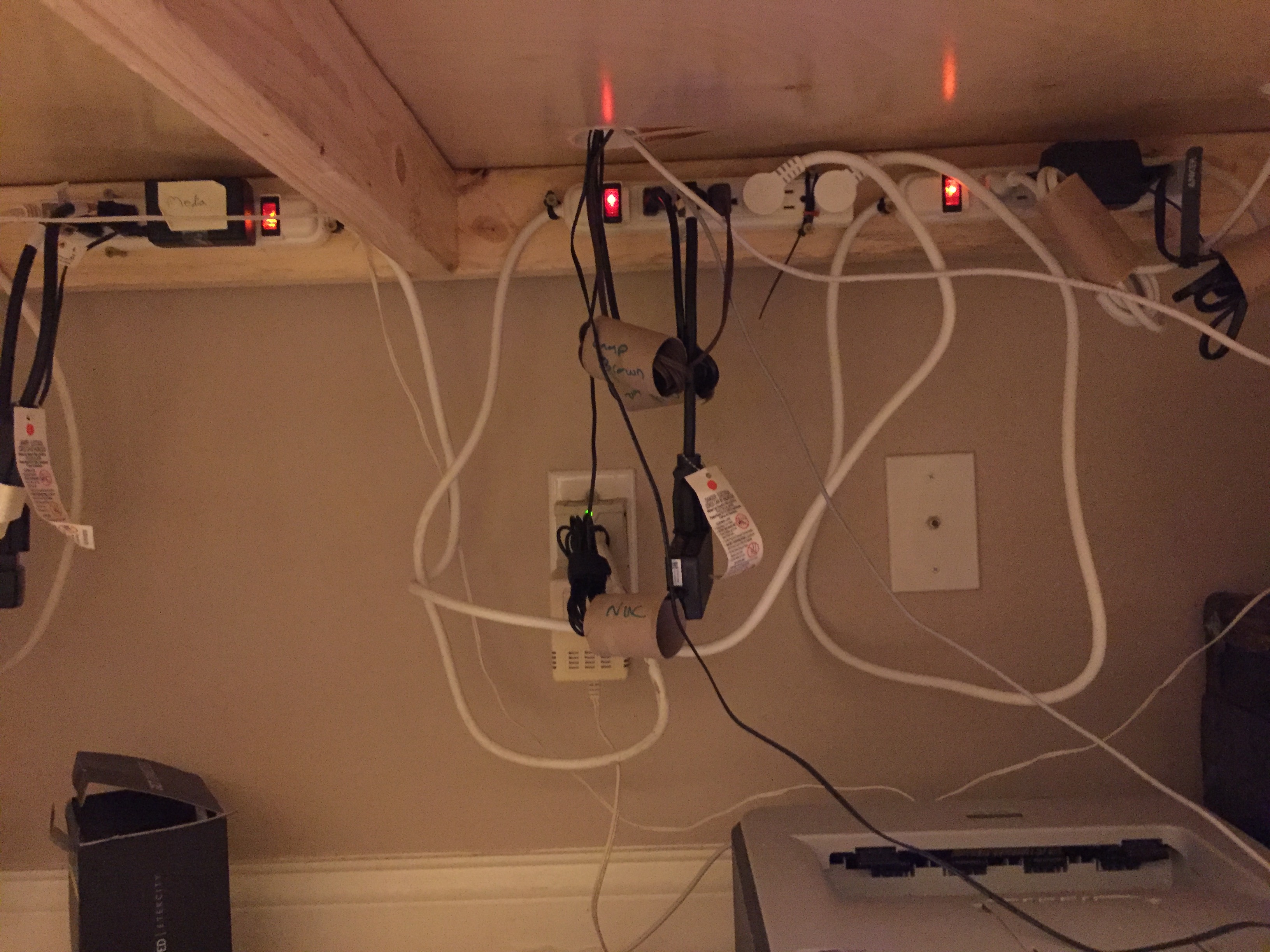Finding Your Rhythm as a Remote Worker
(Denver Skyline from a Remote Worker's Office; Photo Credit - Kim Corbett; Thank You)
I have been, with one 9 month exception, a fully remote worker since 1999 and a manager of remote workers since 1996. Heading into 2020 that puts me at over 20 years of solid, day in and day out remote work so, I'll admit, that I know a thing or two about remote work. I've both been a remote worker, managed remote workers and I think all possible permutations. This post attempts to summarize what works for me. What works for you will almost certainly be different but I suspect the same meta principles will apply.
Routine, Routine, Routine
Day in and day out my days look remarkably similar:
- roll out of bed sometime between 3 am and 6 am
- shower, shave, dress, etc. Even tho the only people that ever see me are my wife, kids and cats (yes they are peole to me) I still dress like I was going into an office every day.
- hit meh while it hasn't sold out and see if there is something cheap I can treat myself to
- hit the hardest code immediately and get my momentum going
- take advantage of the early morning, blessed quiet
- continue until the end of the day
I know that some remote workers are constantly changing location and fully embrace the digital nomad lifestyle (example). And that is brilliant that they are able to do so but for myself I really appreciate consistency. And I adore having a solid, fast connection like fiber – you don't get that when you move regularly.
It Is Still Work
The single biggest mistake that everyone, and that has included me in the past, makes with remote work is not treating it as work. Because you are the one at home it is all too easy for your spouse (or yourself) to assume "oh they can also do a load of laundry" or some other house hold task. No. You. Can't. Work is work and home is home. I find that my greatest productivity comes when my door is shut and I can concentrate. Now your results might vary
You Don't Have Colleagues So Figure Out How to Do Everything Alone
When you are a remote worker you do have colleagues but, often, when you are the odd man out in the remote wilderness you may find that, ahem, they aren't always helpful. Being able and willing to figure things out on your own is a key skill.
Gear - You Never Know
I almost never throw any computer gear out. As a remote engineer there is no one to turn to in the next cubicle and say something like "I need a USB to firewire adapter to get some data off this old drive that might help me with my current code". Can I go to the computer store for that? Sure. I even have a Fry's 20 minutes away but that 20 minute drive easily turns into:
- 20 minutes there
- 20 minutes back
- 20 minutes shopping
- an hour plus getting my head back where it was before I left
If I stay in my cozy home environment, even if I'm rooting thru a cable bin for something I can keep my current context solid in my head. But if I have to get into a car and engage the outside world then it is a given that I have lost it and it will usually take a solid hour to get my brain back to where it needs to be (if the problem is complex).
If you don't keep a gear box where you toss old hard drives, cables, an odd network hub, etc then I strongly encourage you to do so. Odds are that this pack rat tendency will drive your spouse mad but the productivity benefits are real.
Engineer Invest In Thyself
I don't think I'm wrong in saying that engineers are notoriously cheap. We all look at technology and think to ourselves "I could build that" – even when it is normally untrue. One of the very best decisions you can make is to invest in yourself. There are three great purchases that I've made over the years that really, truly improved my productivity:
- an Aeron chair
- Bose Quiet Comfort Headphones
- Building My Own Computer Desk
I'll sit in the same chair for sometimes 14 to 16 hours per day. I don't ever have back pain and I never even notice my chair – an Aeron is just that good. Similarly there are times when I've pair programmed for 10 hours straight and my ears don't hurt. I can wear Quiet Comfort headphones all damn day. When I got them they were $350 which I thought at the time was absurd but all other pairs of headphones just didn't cut it. And if you buy two or three pairs of $60 headphones then you're almost half way there anyway.
I haven't spoken about my adventures earlier this year in building exactly the computer desk I've always wanted but I will someday. A bad day in the office about a month ago sent me racing to the lumber yard and two days later I had ripped out the absolutely shite working surface I had and replaced it with this:
 (simple, flat, 8 foot span)
(simple, flat, 8 foot span)
 (most of the computers in place; there are more now)
(most of the computers in place; there are more now)
 (Nice cut outs for cable transfer)
(Nice cut outs for cable transfer)
 (why you make your own desk - the desire to NOT have a visual rats nest of all the cabling that modern computing requires; there are 6 power strips under my desk and all are full; I'm about to add a seventh)
(why you make your own desk - the desire to NOT have a visual rats nest of all the cabling that modern computing requires; there are 6 power strips under my desk and all are full; I'm about to add a seventh)
All total I spent less than 8 hours in rough carpentry from start to finish on this and I highly recommend it if you are a hands on person. I've wanted to do this for more than a decade now and I'm tremendously happy that I did.
The only sad thing about making my own desk is that my wife recently got me Nick Offerman's Good Clean Fun book and now I really want to make another one this time as a trestle table. Sigh. If you are a woodworker and you haven't read Offerman yet then I highly recommend it. You would never believe that an actor could teach you wood working but he does a credible job and spins a wonderful tale in the doing.
Posted In: #remote #work_from_home